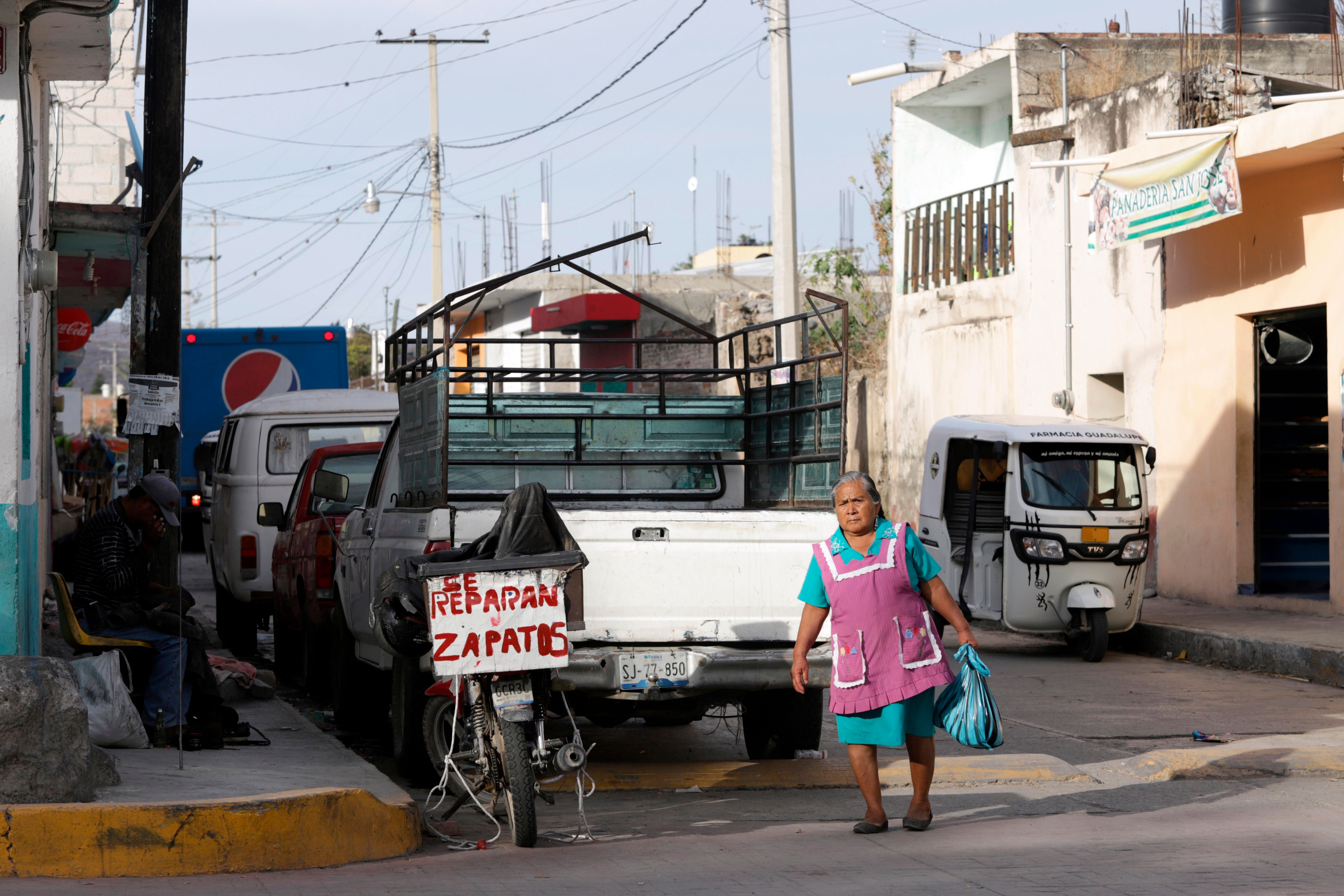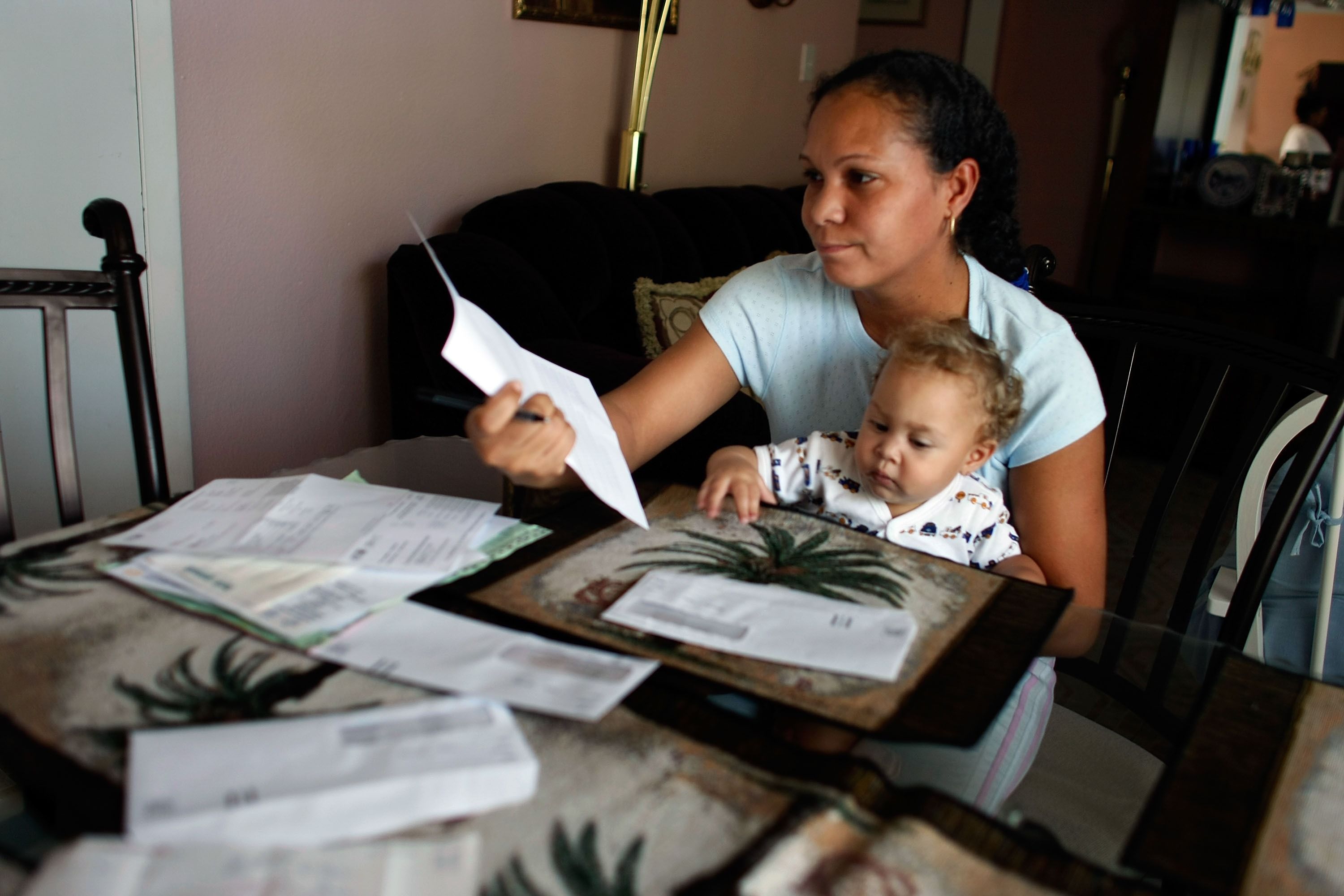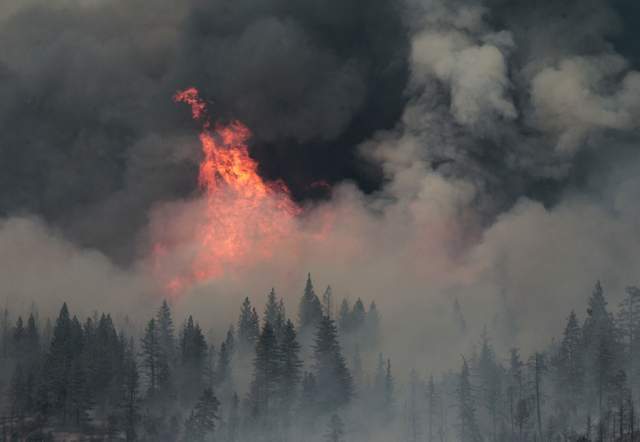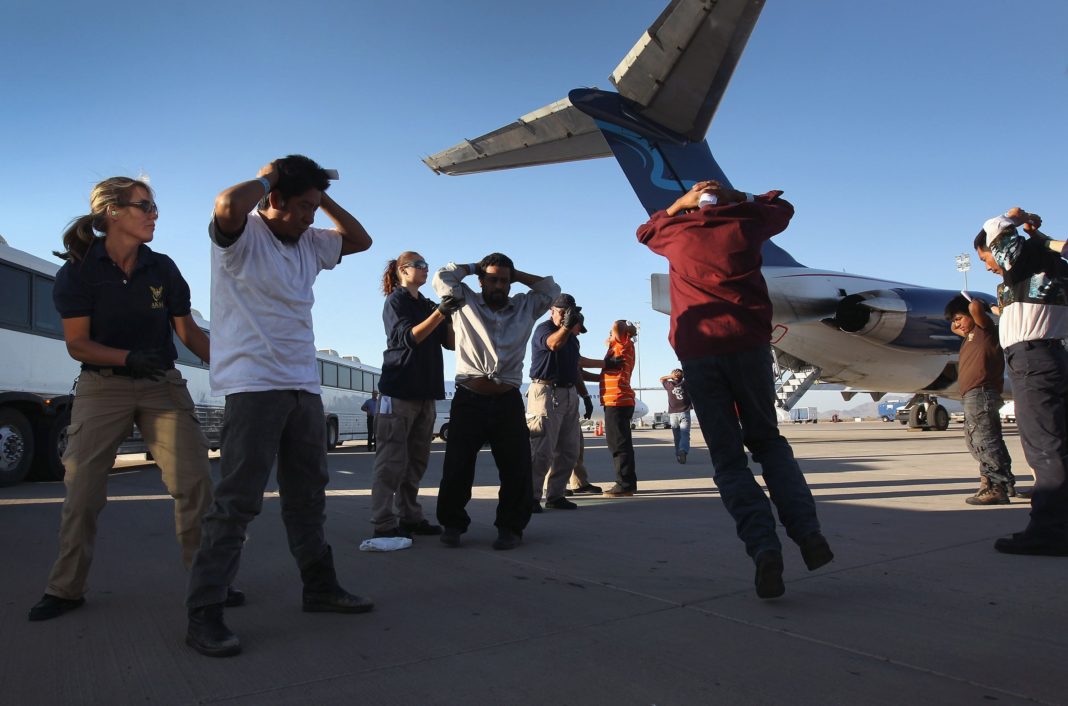Up to 265 million people are estimated to suffer from hunger and food insecurity
COVID-19 has stopped migration, causing remittances to drop; and it will generate such an impact that famine is predicted to double worldwide, and an unequaled economic crisis that will persist for up to two years.
Several experts summoned by Ethnic Media Services met to participate in the virtual conference on “El impact of COVID-19 on developing countries "in terms of global migration, Amazon forests and red spots of famine."
Demetrios Papademetriou, co-founder and president emeritus of the Washington, DC-based Migration Policy Institute, said that COVID-19 has halted migration worldwide, including family immigration as a result of people not being able to travel.
"Mobility in general, the closing of borders, the few international trips and all components of migration have been affected," he said.
However, the specialist in migration flows, pointed out on a more positive note than on the issue of labor migration, most countries will want to have access to farm workers considered essential.

"Because ultimately, the food chain of all economies, including the United States, relies heavily on farmworkers elsewhere."
Papademetriou anticipated that in the following months and in the coming years, devastation will come that has never been heard, but comparable to that of the Great Depression.
"It is estimated that there will be a reduction in remittances of around 142 billion dollars ”.
They imagine, he questioned, the enormous impact on the economies of the countries that depend on remittances, but especially on the people for whom they are a lifesaver.
"That rope will become much thinner and more brittle in the following months and two years."
Due to this precarious situation, many people will find a way to emigrate to rich and more developed countries. Although in some cases, they have already returned to their countries.
As regards Mexico, only 10% of those who were there three or four months ago remain; the rest have returned or have been forced to return.

COVID-19 and famine
Dulce Gamboa, a policy specialist with the Bread for the World organization, said the world had never seen a famine emergency like the one caused by COVID-19.
“It is unprecedented. Millions of people will go hungry due to lack of employment and loss of income; and they won't know where their next meal will come from"
Among these countries facing the possibility of famine, he cited Venezuela, Syria, Nigeria, the Democratic Republic of the Congo, Ethiopia, Yemen, South Sudan. But also Colombia and Peru.
"This hunger crisis is caused by a multitude of factors linked to the coronavirus pandemic, disruption of economic stability, and unexpected loss of income," he noted.
It is also influenced, he completed, by the collapse in oil prices, cash shortages due to the fall in tourism and the lack of money to send home.
A crisis that is worsened by existing problems such as climate change, violence, and displacement.
"In some economies, people are already suffering from before COVID-19"
In the case of Central America, it showed that remittances from the US began to fall in March, and the direct impact is already being felt.
In Venezuela, he said that before the coronavirus, about 9 million were already suffering from malnutrition, according to the United Nations Organization.
“The pandemic makes the situation even more difficult. What we have in Venezuela and other countries around the world is a health crisis above the nutritional crisis. "

In Latin America it is estimated that 113 million live in low-income neighborhoods.
“Families are definitely struggling to adapt to the social distance and the closure of the coronavirus. They are more concerned with food, not necessarily the pandemic. People are saying, we are going to starve before the coronavirus"
What can we do to help undocumented immigrants?
He said the Bread for the World organization has urged Congress to protect migrant families, because they were left out of the Economic Stimulus Package.
"We are asking for policies of greater racial equality for all people in the United States, such as more access to testing and health care for undocumented immigrants and mixed families because they have American children."

Forest impact
Dan Nepstad, president and founder of the Earth Innovation Institute, said the pandemic is pushing desperate populations to survive in rainforests, putting them at greater risk.
He anticipated that we must be prepared for a real pollution crisis, which, connected to the pandemic, will create more deaths.
“Last year we read a lot about the fire season in the Amazon. In fact, it was a fairly good year in terms of rainfall, but this year it looks dry and deforestation rates are higher. So we must wait for a fire season butr ”.
He said that one of the things that we are going to see is that people will return from the cities to their homes where their families are, where they can still have access to food because there is an agricultural element.
"We are going to see this type of migration in such a severe way that they will put great pressure on the forests, because in order to survive, people are going to cut them down and burn them for agriculture," said Nepstad, who has worked on the issue of forests for more than 30 years.







